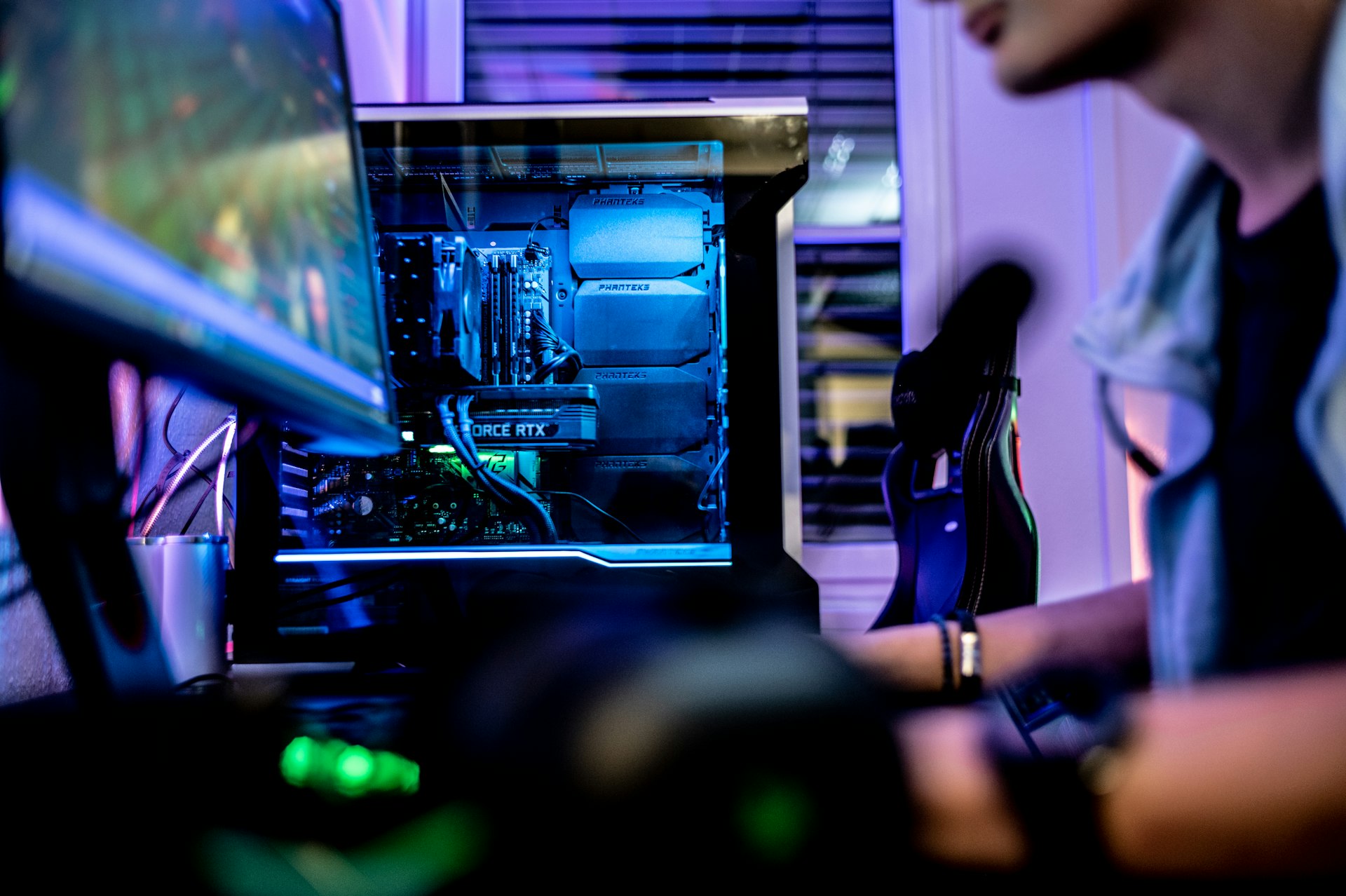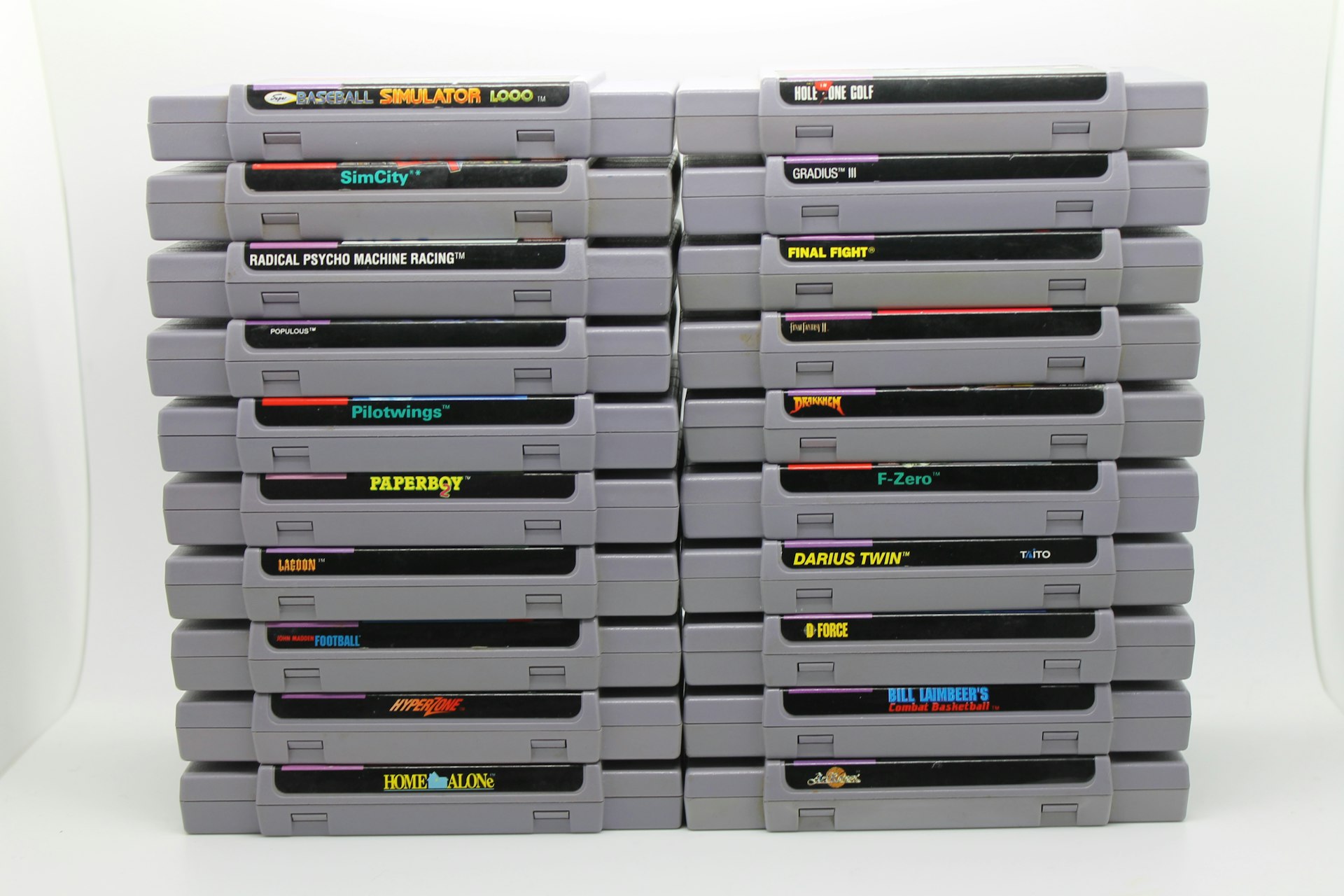How Esports Sponsorships Are Shaping Modern Gaming Culture

Photo by Luciano Oliveira on Unsplash
Introduction: The New Era of Esports Sponsorships
Esports, once a niche pastime, has transformed into a global phenomenon, driven in part by the rapid rise of sponsorships from major brands, tech companies, and even political organizations. These sponsorships have become a cornerstone of the gaming ecosystem, offering financial support, brand legitimacy, and new avenues for engagement. As the esports industry continues its exponential growth-with viewership projected to reach 318 million by 2025-a deeper understanding of sponsorships’ impact on gaming culture is crucial for players, teams, brands, and fans alike. [4]
The Evolution of Esports Sponsorships
Initially, esports sponsorships were dominated by companies closely aligned with gaming, such as hardware manufacturers, gaming peripherals, and energy drink brands. This natural fit fostered strong brand loyalty and legitimacy among gamers, as these sponsors were seen as authentic supporters of the community. [3] As the industry matured, mainstream brands-including Nike, BMW, and Louis Vuitton-began investing heavily in sponsorship deals, seeking to tap into esports’ vibrant, digitally-savvy audience. [1] The range of sponsors has since expanded to include financial services, telecommunications, beverages, and now, political and advocacy organizations.
Strategic Integration: Building Brand Affinity and Loyalty
Effective sponsorships hinge on congruence -the perceived natural fit between the sponsor and esports. Brands endemic to gaming, such as electronics giants or energy drink companies, are regarded as authentic and are able to transfer positive associations to their own image. [3] For example, Samsung has sponsored teams in League of Legends and tournaments like the Intel Extreme Masters, building deep connections with the gaming audience. [4] Coca-Cola’s sponsorship of the Overwatch League and partnerships with Riot Games and Pain Gaming have helped cement its place within gaming communities. [4] Mastercard and BMW have similarly leveraged team sponsorships and tournament partnerships to increase brand visibility and foster loyalty. [5]
When brands sponsor teams, events, or content that aligns with gamer interests, they become part of the culture rather than outsiders. This integration is critical for building long-term relationships and brand equity among competitive gamers and fans.
Expanding Sponsorship Categories: From Tech to Politics
In recent years, sponsorships in esports have evolved beyond traditional commercial interests. Political organizations, advocacy groups, and government-backed initiatives have entered the space, recognizing esports as a powerful platform for engaging younger demographics. [1] Whether through direct sponsorships, advertising, or partnerships with influencers, political messaging is now part of the esports ecosystem. This trend introduces new questions about the integrity and future of competitive gaming, as well as the role of esports in civic engagement.
For those interested in learning more about political engagement in esports, consider searching for recent case studies or visiting the websites of major esports organizations and advocacy groups for updates on their partnerships and campaigns.
Benefits and Challenges for Players, Teams, and Fans
Benefits:
- Financial Support: Sponsorships provide vital funding for tournaments, teams, and players, enabling the growth of the competitive scene and offering better facilities, training, and rewards. [5]
- Community Growth: Increased sponsorship brings mainstream attention, attracting new fans and participants to gaming culture worldwide. [4]
- Brand Engagement: Players and teams gain opportunities to collaborate with global brands, access exclusive content, and benefit from enhanced visibility and career advancement.
Challenges:
- Commercialization: As branding and sponsorships become more prevalent, some community members worry about the loss of grassroots authenticity and increased commercialization of the gaming experience.
- Ethical Concerns: Sponsorships from betting and iGaming companies raise issues around underage exposure to gambling, especially since esports audiences often skew young. [2] According to research, children as young as 11 are exposed to gambling promotions multiple times per day, and persistent messaging within esports can normalize gambling behaviors among impressionable viewers. [2]
- Sponsor Congruence: When brands lacking a natural fit sponsor esports events, their messaging can feel disjointed or irrelevant, reducing the effectiveness of their campaigns and potentially alienating fans. [3]
Practical Guidance: Accessing Sponsorship Opportunities
For players and teams seeking sponsorship, the following steps can help build successful partnerships:
- Develop a Professional Brand: Create a media kit that showcases your achievements, audience demographics, and engagement statistics. Highlight your values and community involvement to attract sponsors that align with your identity.
- Research Potential Sponsors: Identify brands that already have a presence in esports or whose products/services appeal to your fan base. Focus on sponsors with high congruence for better long-term relationships. [3]
- Network at Events: Attend major esports tournaments, conventions, and online networking sessions. Engage directly with brand representatives, share your story, and demonstrate your value.
- Leverage Social Media: Build an engaged following on platforms such as Twitch, YouTube, Twitter, and Discord. Sponsors often look for creators with active communities and strong influence.
- Follow Industry News: Stay updated on sponsorship trends by reading reports from established esports news outlets and marketing agencies. Many organizations publish annual sponsorship guides and case studies.
If you are unsure about how to initiate contact with brands, consider reaching out to your regional esports association or team manager for advice. Many established teams have dedicated staff to manage sponsorships and partnerships.
Alternative Pathways and Considerations
While traditional sponsorships are the most visible, alternative avenues include:
- Crowdfunding: Platforms like Patreon or Ko-fi allow teams and players to raise funds directly from fans, fostering community ownership and engagement.
- Local Business Partnerships: Regional companies may be more willing to support local teams, especially if they see value in grassroots engagement.
- Government and Advocacy Initiatives: Some countries have esports development funds or run programs aimed at youth engagement. To explore these opportunities, search for official esports initiatives through your national sports agency or Ministry of Culture.
Remember, sponsorship is not the only path to success. Building a strong and authentic community, engaging regularly with fans, and consistently improving your skills are equally important for long-term growth.

Photo by SXRIPTX on Unsplash
Key Takeaways and Future Outlook
Esports sponsorships have fundamentally reshaped gaming culture, driving unprecedented growth, global attention, and new opportunities. Strategic brand integration, congruence with gamer interests, and ethical considerations are all critical for success in this rapidly evolving landscape. Staying informed-through trusted news outlets, industry associations, and official esports organizations-will help ensure sustainable development for all stakeholders.
If you are interested in exploring sponsorships, begin by researching established esports organizations and reviewing their partnership programs. Alternatively, consult your regional sports authority or esports association for guidance on available resources and funding opportunities.
References
- [1] Center for Illinois Politics (2024). The Rise of Political Messaging in Esports Sponsorships.
- [2] Esports.gg (2023). What Esports Betting Sponsorships Mean for Every Gamer.
- [3] National Institutes of Health (2025). eSport Consumption and Sponsor Brand Equity.
- [4] Entyx.io (2024). Esports Sponsorships: A Path to Loyal Audiences.
- [5] The Game Marketer (2024). The Rise of Esports: Opportunities for Brands in the Gaming Arena.
MORE FROM dealseekersguide.com













